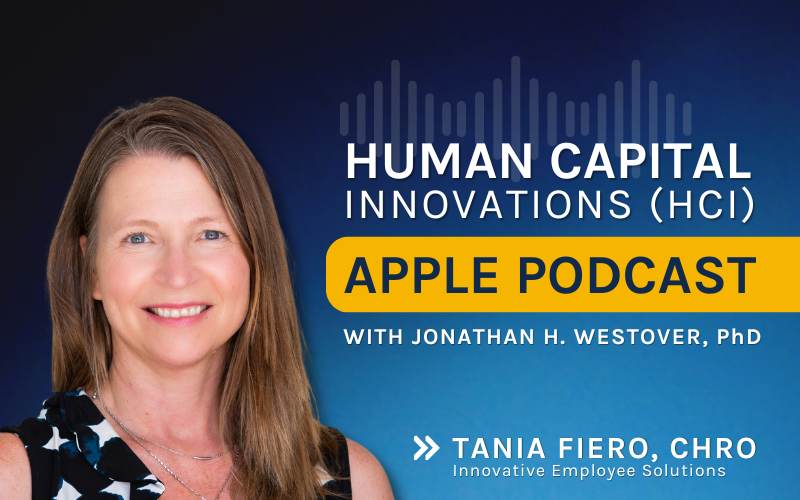Over the past few years, the job market has gradually begun shifting for both human resources administration and permanent and temporary workers.
A recent article in All Business discussed some of the demographic trends that are changing how HR will need to approach workers. First, despite a recession that has caused widespread unemployment, companies are facing a talent shortage. In order to surmount this problem, employers may need to look more at potential and offer appropriate training programs.
Furthermore, HR may need to look to new age groups, such as Millennials and Baby Boomers, to fill these gaps. While Millennials tend to have less experience, their desire to prove themselves can often overcome any such issues, and older workers can prolong what experts call a "brain drain."
HR departments can leverage both of these two generations through training and mentoring programs, especially as the source notes that Millennials particularly value opportunities for career development and learning.
To begin, however, companies need to look at their hiring processes. According to CIO Zone, it's important to be upfront with Millennials about the benefits and perks of working with an organization as well as the downsides.





